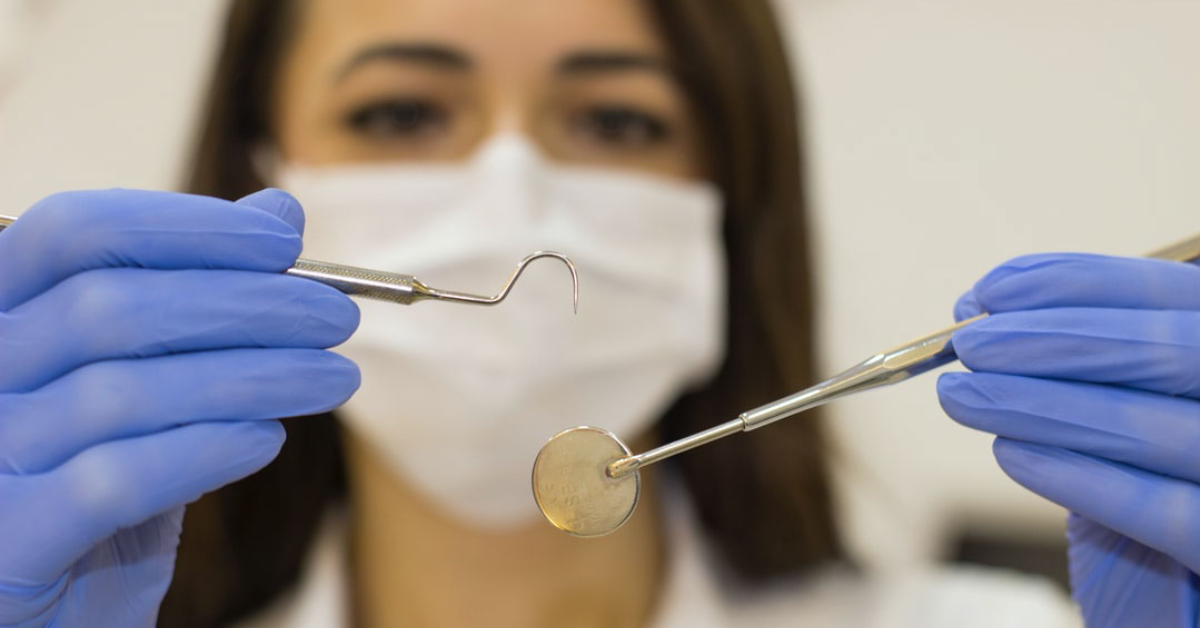COVID-19 also known as coronavirus, is a global pandemic with widespread implications that no-one could have ever anticipated. The healthcare profession was poised at the forefront, dealing with the ever-evolving nature of the virus and the pressures it placed on its staff and services. Endeavouring to provide all patients with the best standard of care at all times.
During this time, the Dental profession was temporarily in limbo. Despite constant communication between pockets/groups of professionals which alllowed them to share advice amongst themselves on how best to continue practicing Dentistry/triage patients whilst the pandemic continued to evolve. The widespread uncertainty of events within Dentistry notably caused stress and placed demand on the governing bodies, especially in terms of delayed advice/guidance with Dental businesses left in the lurch, the profession as a whole felt confused and forgotten to an extent, understandable due to excessive pressure already placed on the NHS.
Whilst you do not have to be an expert on this dynamic and constantly evolving topic, it’s great to have a basic understanding and insight into one of the most historic moments in the healthcare profession.
(Looks great at interviews, especially as your about to join a profession that will be changed for generations to come by COVID-19 crisis).
There are so many different aspects to consider when looking at COVID-19 in the context of Dentistry, so some ways you could go about carrying out further research is by breaking down this topic into 6 key areas…
- General Impacts on the: profession, businesses, students, emergency dental care
2. AAA triaging system & Antibiotic Resistance (AR): What is AR?, Why is it such an issue?, Why is it such an issue during a pandemic (COVID-19)?, Are there any solutions or alternatives?, Was any specific guidance given to the dental profession? What was it?
3. Return to Dental Practices & Changing the face of Dentistry: practical considerations of social distancing, PPE, ongoing triaging, the AGP/Non-AGPs/Emergency approach, additional Health and Safety considerations to make (e.g. did you know there is currently a 1 hour wait required between patients after an AGP has been performed, practices should also be functioning at 20% of their normal capacity (is this realistic)) etc…
4. Public Health considerations: How does the public view dentistry/dental treatment during a pandemic? Has DIY Dentistry for the past few months proven that patients can manage more themselves? (consider safety issues and attitudes) etc…
5. Multidisciplinary approaches during COVID-19 (think redeployment in general across the NHS and more specifically of the dental team – experiences, perceptions, and attitudes in general)
6. The Science behind COVID-19 and any links to Dentistry
(this is just how I split things up and isn’t an exhaustive list…see what works for you, are there any areas YOU find interesting …look into these more *hint: you could mention these in interviews if you’re feeling confident and are passionate – budding dentists who think like this are valued a lot!!*)
Additional Sources of information…
There are live updates regarding COVID-19 and Dentistry on the BDA website.
Another great place to look for FREE clinical articles is in the British Dental Journal (BDJ), the most recent articles (at the time of writing) look really interesting e.g. one addresses the need for urgent dental care in the context of domestic violence during the COVID pandemic.
Finally, even using a search engine such as “Google Scholar” and then trying to research any topics that interest can point you in the direction of a lot of great resources (please note that they can vary in complexity and may not always be free for full access).
Disclaimer: Please note that some articles/sources you come across may be quite opinionated because of the various ways that the challenges of COVID-19 have been managed, so try not to let these influence you too much. Do not be biased and when discussing COVID-19 within the context of Dentistry, ensure you equally recognise the views of all involved parties.
Words: Karishma Dewitt
